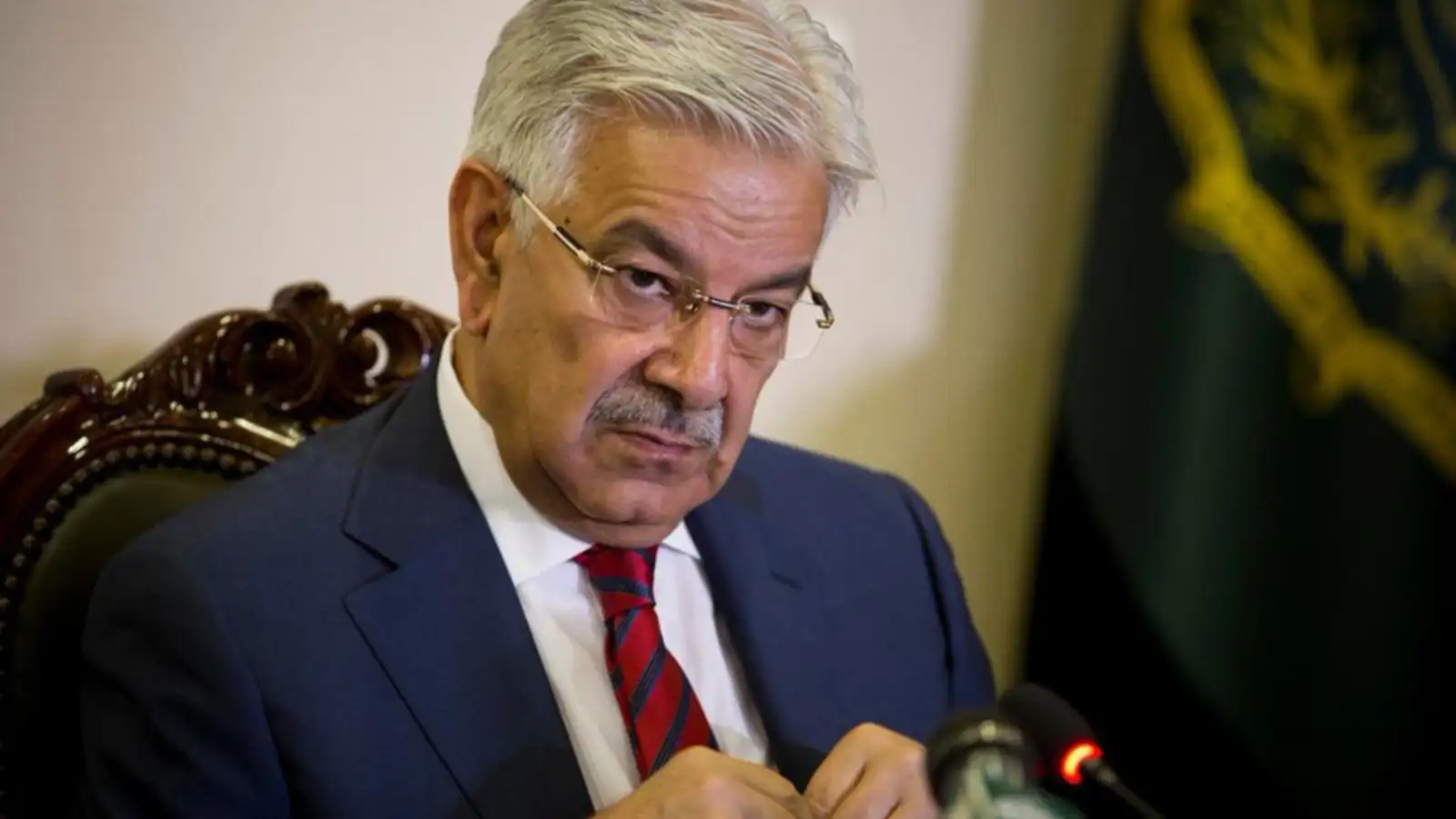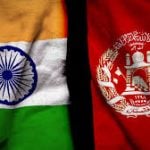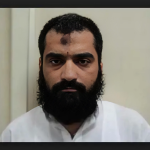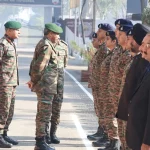In a dramatic turn of events amid rising hostilities with India, Pakistan reportedly called for a high-level meeting of its National Command Authority (NCA)—the body responsible for overseeing the nation’s nuclear arsenal—only to later cancel the gathering under apparent international pressure.
Initial reports from Pakistani media suggested that the NCA meeting had been scheduled in response to India’s recent precision strikes under Operation Sindoor, which targeted key Pakistani military installations. The Indian operation came in the wake of a deadly terrorist attack in April in Jammu and Kashmir that claimed the lives of 26 civilians, including Indian tourists—a tragedy India blamed on Pakistan-based militant groups.
However, hours after news of the proposed NCA meeting surfaced, Pakistan’s Defence Minister Khawaja Asif publicly denied any such plan, insisting that the nuclear option was “not on the table.” Nonetheless, he issued a cautionary note: “If the situation escalates, the consequences will not remain regional—they will be global,” alluding to the catastrophic implications of a nuclear conflict.
The abrupt reversal appears to have been triggered by intense diplomatic outreach, particularly from the United States. U.S. Secretary of State Marco Rubio is reported to have held urgent calls with Pakistan Army Chief General Asim Munir, Deputy Prime Minister Ishaq Dar, and India’s External Affairs Minister S. Jaishankar, urging restraint and warning against further provocation.
Tensions have been steadily rising since April, when the massacre in Kashmir reignited a bitter and violent exchange between the nuclear-armed neighbors. India’s response—Operation Sindoor—struck multiple Pakistani airbases and radar sites in Rafiqui, Murid, Chaklala, and Sialkot. Pakistan responded with retaliatory strikes, further deepening the spiral of hostility.
In a press briefing, Indian Foreign Secretary Vikram Misri condemned Pakistan’s reaction as “escalatory and provocative.” He reiterated that India’s actions were “measured and defensive,” aimed solely at protecting national sovereignty. Misri also dismissed Pakistan’s claims regarding Indian aggression, presenting satellite images and intelligence to support India’s stance.
The specter of nuclear escalation has cast a shadow over the subcontinent. The United Kingdom, Saudi Arabia, and several other nations have called for calm, recognizing the grave threat posed by any miscalculation. Analysts have long viewed South Asia as one of the world’s most dangerous nuclear flashpoints, citing a lack of formal crisis communication frameworks between India and Pakistan.
According to a recent report by the Carnegie Endowment for International Peace, both nations have significantly modernized their nuclear and conventional capabilities, increasing the risks of rapid escalation. The report warned that without robust diplomatic channels, even small incidents could spiral into large-scale conflict.
Historically, Pakistan has leveraged its nuclear arsenal as a diplomatic tool to deter India and attract international mediation. Prime Minister Shehbaz Sharif’s recent comments in the National Assembly hinted at this strategy, reaffirming Pakistan’s nuclear posture. However, Saturday’s walk-back by Minister Asif suggests a calculated retreat, likely influenced by rising international scrutiny.
The episode also underlines the importance of third-party mediators, with the Belfer Center noting the key role of the U.S. and its allies in previous India-Pakistan standoffs. Although the U.S. engagement in the current crisis appears reactive, its swift intervention may have helped avert immediate escalation.
As tensions remain high, the international community is watching closely. With nearly two billion lives potentially impacted by any further breakdown in diplomacy, the stakes in South Asia have never been higher.













